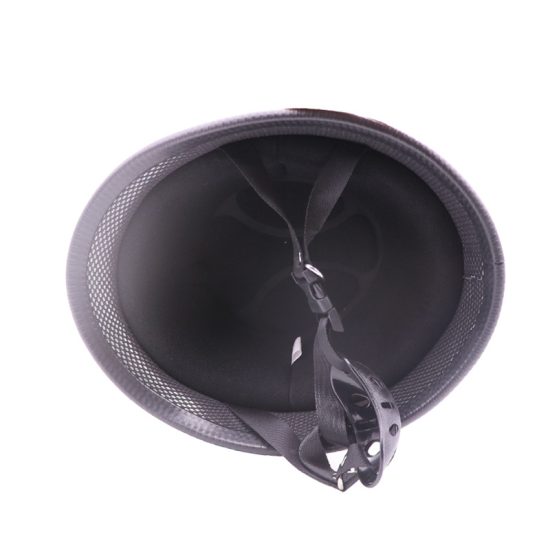Selecting the right safety glasses for a specific occasion or task involves considering various factors to ensure they provide the necessary protection and comfort. Here are some tips on how to find the perfect fit for different situations:
- Understand the Hazards: Identify the specific hazards you’ll encounter in the given situation. This could include impact from flying debris, exposure to chemicals or fumes, UV radiation, or even optical radiation from welding or lasers. Knowing the hazards will help you choose the appropriate safety glasses.
- Compliance with Standards: Ensure that the safety glasses you select comply with the relevant safety standards for the task or industry. For instance, ANSI Z87.1 is a common standard for safety eyewear in the United States.
- Choose the Right Lens Material: Different lens materials offer various levels of impact resistance and optical properties. Polycarbonate and Trivex are commonly used materials for impact-resistant lenses, while glass lenses should be avoided in high-impact situations.
- Lens Coatings and Tints: Depending on the conditions, consider lens coatings such as anti-scratch, anti-fog, and UV protection. Tinted or shaded lenses may be suitable for outdoor work to reduce glare or provide UV protection.
- Frame Style and Fit: Select a frame style that suits the task and your personal preferences. Some frame styles wrap around the sides to provide better protection from side impacts and debris. Ensure the glasses fit comfortably and securely on your face, and look for adjustable features if needed.
- Ventilation: In situations where fogging is a concern, choose safety glasses with built-in ventilation features to maintain clear vision. Anti-fog coatings can also help prevent fogging.
- Prescription Needs: If you require vision correction, consider prescription safety glasses. These can be customized to your prescription while still providing the necessary protection.
- Activity-Specific Glasses: Some activities may require specialized safety glasses. For example, welding goggles are designed to protect against optical radiation from welding, while safety goggles with a snug seal are suitable for working with chemicals.
- Durability and Maintenance: Check the durability of the safety glasses. Are they designed for long-term use, or are they disposable? Ensure they are easy to clean and maintain.
- Comfort and Wearability: Comfort is crucial, especially for tasks that require extended use. Try on different styles and brands to find a pair that feels comfortable on your face and nose.
- Consult with Experts: If you’re unsure about the best safety glasses for a particular situation, consult with safety professionals or eyewear specialists who can provide guidance based on your needs.
- Regular Inspections and Replacement: Inspect your safety glasses regularly for signs of wear and damage. Replace them when necessary to ensure continued protection.
In conclusion, the perfect fit for safety glasses depends on the specific circumstances and hazards you’ll encounter. Taking the time to assess your needs and choose the right safety glasses will help protect your eyes and ensure your comfort during various activities and work situations.


